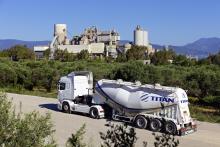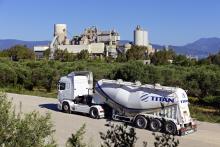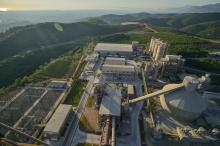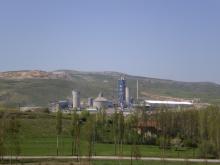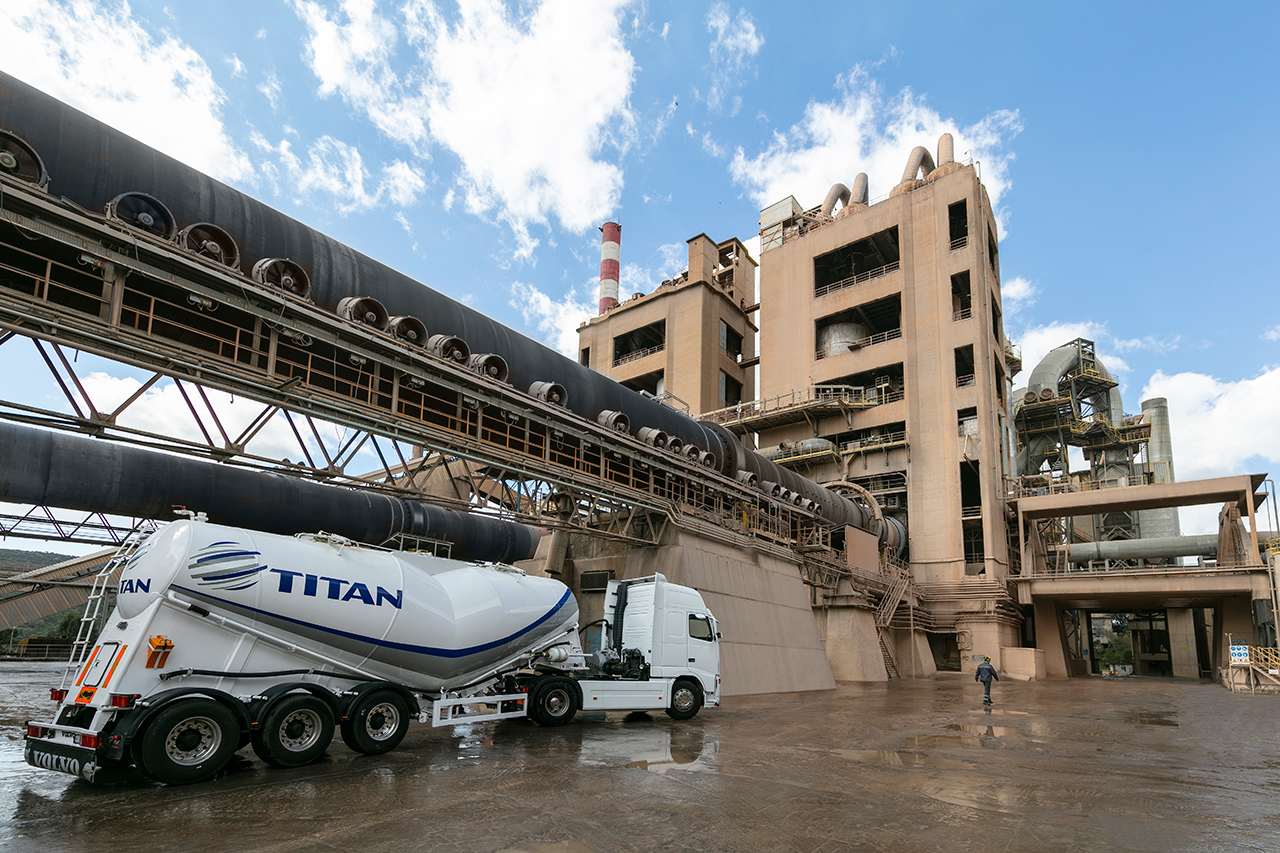
Implemented price increases are said to have restored profitability (up 2.9% to €43.9mn - €42.6mn in Q2 2021) as they caught up with cumulative cost increases.
H1 2022 Titan Cement Group revenues were up 26% year-on-year, with sales exceeding €1bn (€1,035.5m) as a series of price actions since late 2021 took effect. A strong US dollar also added to growth.
Q2 EBITDA at €92.7m was 7% higher than Q2 2021, while H1 2022 EBITDA at €139.1m was 2.5% below H1 2021.
Digital end-to-end real-time optimisers (RTOs) in cement manufacturing completed in both Titan Cement Group’s US plants led to higher output, a reduction in costs and improved product quality and environmental footprint.
Titan Cement Group (Titan) achieved a 5.6% reduction in its specific CO2 emissions in H1 2022, compared to the same period last year, driven by a lower clinker-to-cement ratio.
The resilience of demand in key markets has led to Titan having a cautiously optimistic outlook for the rest of the year while uncertainties and volatility of markets continue.
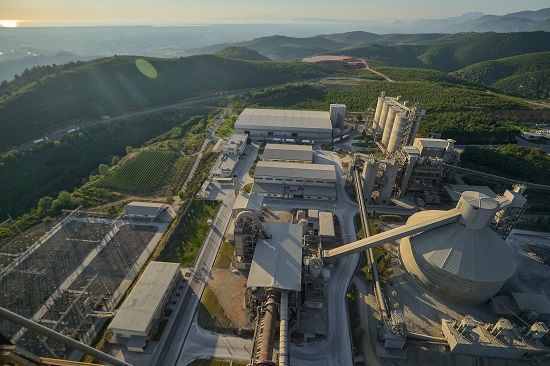
In a detailed statement accompanying the Q2 and H1 2022 trading results, Titan said: “The macroeconomic turmoil manifesting itself since the beginning of this year has elevated volatility and unpredictability to key determining factors; much depends on how the war evolves in Ukraine, its duration, and its aftermath on the global economy. At the same time, central monetary authorities around the world are facing the dilemma of preventing the economy from further overheating while avoiding stomping out growth altogether. In this environment, Titan is focusing on the levers at its disposal to safeguard production, protect margins, improve efficiencies and continue with its carbon mitigation strategies.”
Titan says it has decarbonisation projects underway in all regions, its lower-clinker types of cement are being rolled out in all markets and meeting with “very good uptake”, while the Group’s digitalisation investments across the stages of production are translating into cost savings and improved production output.
“As cost pressures are expected to persist across geographies, the Group will continue to address global cost headwinds by adjusting pricing in a dynamic manner in order to safeguard its performance,” Titan states.
Looking at the US, Titan says the market’s fundamentals remain solid. “Residential activity is robust, despite concerns of rising interest rates and affordability, while the supply of cement is tight. With state budgets at historic highs, construction activity from public projects is expected to continue until the new infrastructure package starts in 2023 to boost infrastructure spending further. It should be emphasised that the Group is present in some of the USA’s top growing regions, which outpace the rest of the US economy. Titan, especially after the current round of investments in the USA, will be in a prime position to capitalise on the growth of the market.”
Titan says European economies remain more affected by the Russia-Ukraine war crisis owing to their geographical proximity and more direct exposure to the disrupted energy networks. “While Europe is stepping up its efforts to address its energy security and maintain growth rates in the region, the outlook for construction remains positive but does carry significant uncertainty. The ongoing war and duration of steep energy costs could impact underlying demand in the second half.”
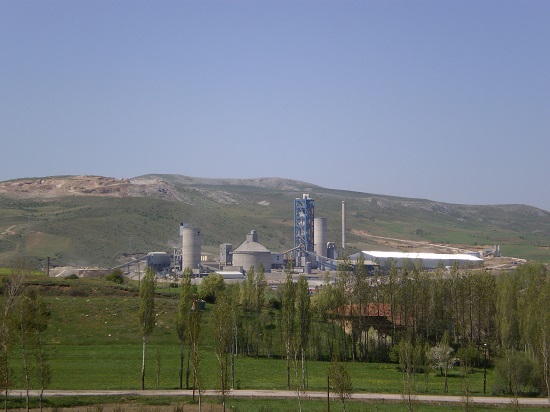
In Greece, Titan’s home market, the Group states that activity should continue to be supported by the large investment projects now commenced, which offer a supply horizon for several years ahead. Moreover, with the conclusion of what appears to be another strong tourism season, projects related to the sector should, says Titan, start by the end of the season in preparation for the following year. Market demand is subject to uncertainties related to the macroeconomic developments.
“Lack of available skilled labour in construction sites may be a factor affecting the pace of works, a phenomenon alas recorded in markets across Europe and the US. Activity in Southeast Europe is expected to continue to reflect differences across markets while overall levels of activity should be maintained.
“The evolution of costs in the second half of the year will very much determine overall levels of profitability as well. Otherwise, the Group will continue to utilise its strategic regional positioning to serve market needs in the most efficient manner. In Egypt, the market should withstand the macroeconomic challenges, considering the importance of the construction sector in this large country. Moreover, a continuation of the cement production quota, not finalised yet, safeguards healthy prices and the recovery of profitability levels.”
In Turkey, Titan believes volumes will continue to decline so long as the economy does not stabilise. Elections currently slated to take place in 2023 might offer some respite, the Group states, while the market has been adept in managing the crisis through both dynamic pricing and the full exploitation of Turkey’s considerable export outlet potential.
“Brazil is another country with a large and young population and feeling the brunt of inflationary pressures. The cement market may soften somewhat, especially as the government wishes to maintain the momentum of its housing program and ameliorate affordability concerns in what is a critical election year.”

